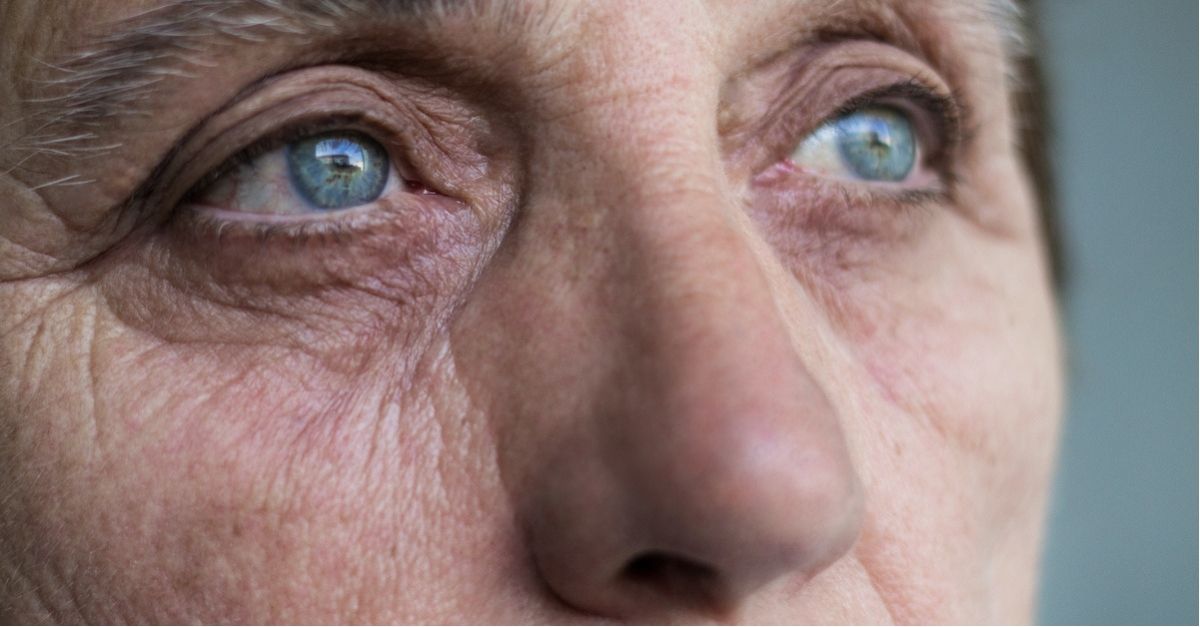Throughout our varying phases of life, different health considerations come into play. It’s important to adapt your lifestyle as your body’s needs change.
During this evolution, our aging eyes don’t always get the attention and care they deserve. Here are a few tips on how to care for them at different ages.
Monitor Vision Changes
As you grow older, you may notice changes in your vision. This can include:
- Newfound difficulty in distinguishing between colors
- Decreased ability to see things up close
- Requiring more time to adjust to changes in light conditions
Vision correction devices such as glasses and contact lenses can usually help solve these problems. However, if you notice any dramatic changes in your vision, it’s important to consult with an ophthalmologist. They can help you address any potentially serious issues.
Identify Age-Related Eye Problems
Cataracts, age-related macular degeneration (AMD), and diabetic retinopathy are a few of the most common age-related eye maladies.
- Cataracts occur when the lens of the eye grows cloudy. They can be caused by many factors, including advanced age. The main symptom of cataracts is cloudy vision. There’s no one distinct way to prevent cataracts, but lifestyle adjustments including reducing smoking and alcohol use, exercising regularly, and protecting your eyes from the sun using shade or sunglasses can help. Cataract treatment may involve surgery or other methods.
- Age-related macular degeneration is a deterioration of the section of the retina responsible for the center of your vision. Symptoms include a blurred or warped vision, or a blind spot in the center of your eye. Macular degeneration is a serious condition, so if you notice these characteristic changes in your vision, it’s important to visit your doctor.
- Diabetic retinopathy is a danger for diabetic individuals, and its risk increases with age. It involves damage to the blood vessels of the retina, which is the light-sensitive tissue at the back of your eye. Risk is heightened by uncontrolled blood sugar, so maintaining your diabetes treatments is key. Symptoms include blurry or warped vision, seeing “floaters” (small moving spots in your vision), and other visual changes. Treatment mainly involves changes to diet and exercise routines, but laser eye surgery can also sometimes be used to prevent the condition from growing worse.
Consult a Vision Specialist
Aging eyes can increase the risk of the above ailments, as well as other eye problems such as dry eye, floaters, eyestrain, and more. Paying attention to your vision both now and in the future will help you to address any potential issues. If you experience vision issues of any kind, visiting an optometrist or ophthalmologist is the best way to make sure your eyes remain in peak health.
At Eye Consultants of Atlanta, we offer the highest quality of care for all your optical needs. At every stage of your life, we’re here to help you maintain your vision and continue living the life you want. Schedule an appointment at one of our many Atlanta locations or call us at 404-351-2220 to discuss your eye health, and how to reach your goals.

